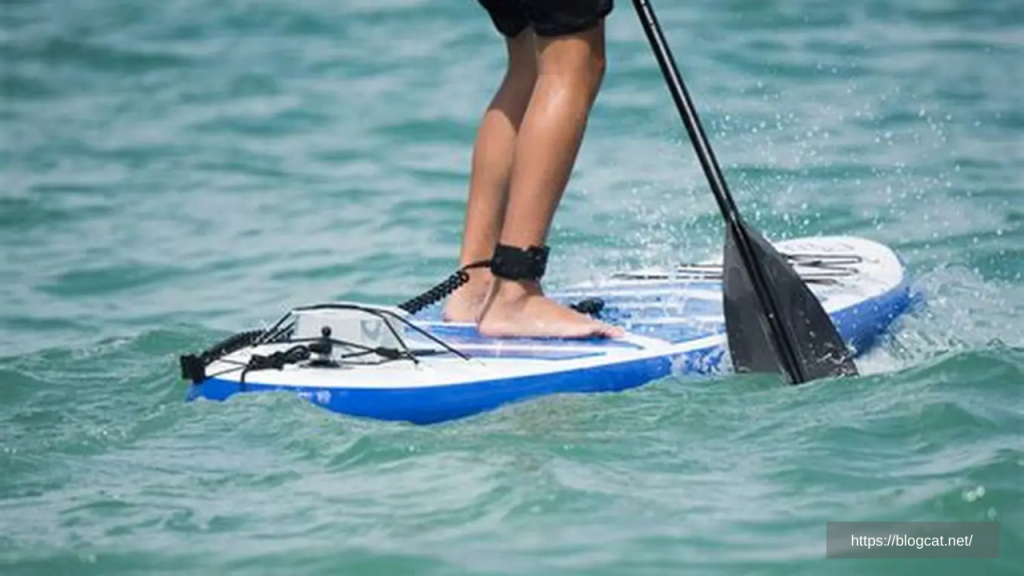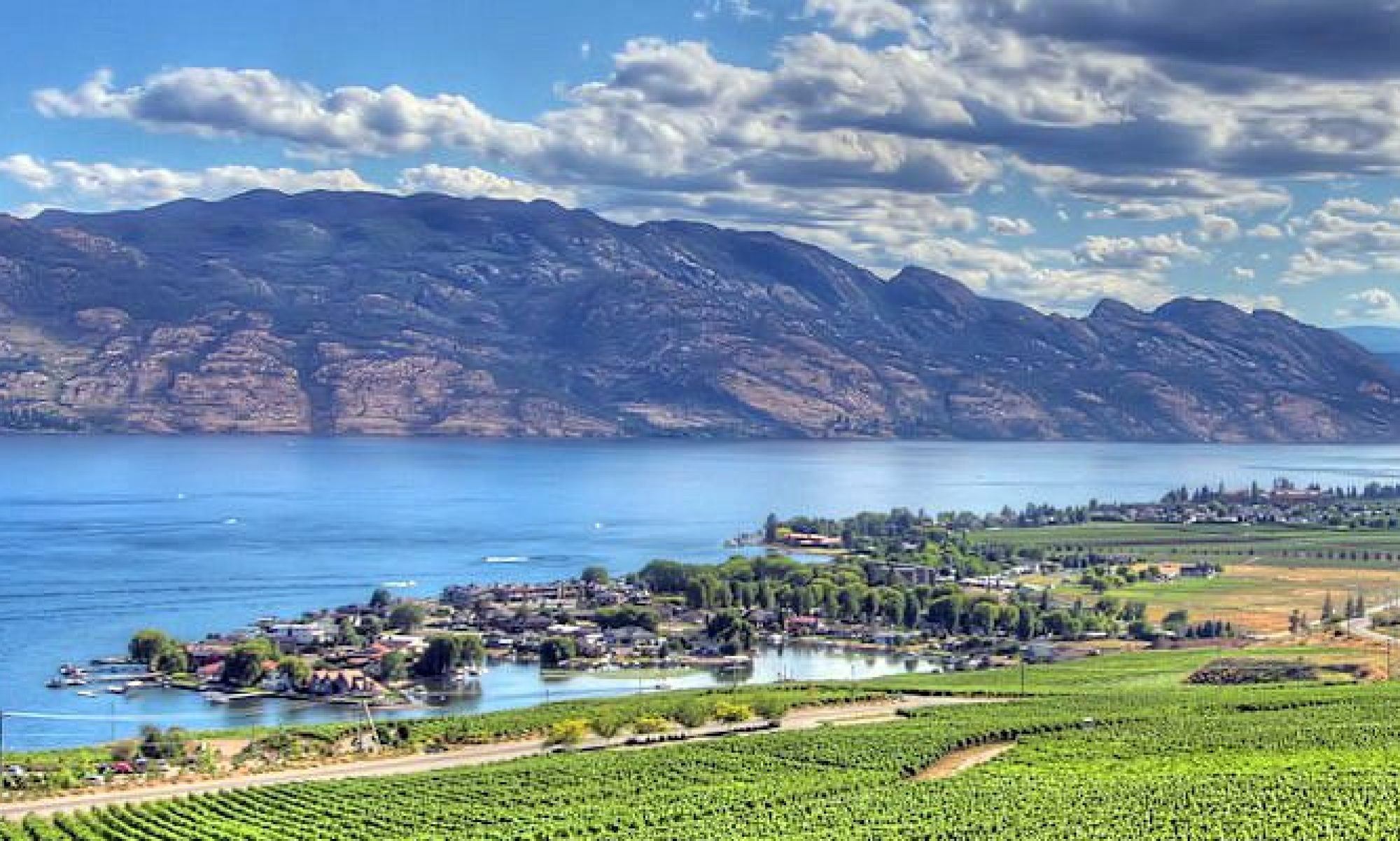
Recovery is about more than breaking free from addiction. It is also about learning how to calm the mind, strengthen the body, and reconnect with the present moment. In British Columbia, where clear lakes, winding rivers, and peaceful coastlines stretch across the landscape, kayaking and canoeing have become powerful ways to practice mindfulness. For those navigating addiction recovery or working on their mental health, time spent on the water can be both restorative and transformative.
At Blogcat Recovery, we believe that healing involves more than clinical care. It is about finding practices that nurture balance, clarity, and inner peace. Paddling offers exactly that.
Why Paddling Supports Mental Health and Recovery
Water has long been associated with renewal. The gentle rhythm of a paddle, the reflection of sky on the surface of a lake, and the silence of being away from city noise all encourage mindfulness. Kayaking and canoeing are also low-impact activities that help reduce stress, improve focus, and regulate breathing.
For individuals in recovery, paddling offers a unique combination of movement and stillness. The body stays active, yet the mind quiets. It becomes easier to notice thoughts without judgment, practice grounding techniques, and experience the calming effects of nature.
Top Kayaking and Canoeing Spots in British Columbia
1. Deep Cove, North Vancouver
Just minutes from the city, Deep Cove is a sanctuary of calm waters surrounded by forested mountains. Beginners and seasoned paddlers alike can enjoy its stillness. It is an excellent spot to practice breath awareness while gliding gently along the shoreline.
2. Desolation Sound, Sunshine Coast
Known for its warm ocean waters and secluded coves, Desolation Sound is a favorite for multi-day canoe or kayak trips. Camping along the coast allows for extended mindfulness practices, journaling, and evening reflections under the stars.
3. The Bowron Lake Canoe Circuit, Cariboo Mountains
This world-renowned canoe route offers a complete immersion into wilderness. The multi-day loop through interconnected lakes is not only a physical journey but also an emotional reset. Many find the stillness of the mornings here particularly healing.
4. Okanagan Lake, Kelowna
With its long stretches of open water and scenic shoreline, Okanagan Lake provides the perfect environment for mindful paddling. Early mornings on the lake are especially peaceful and can be a time to set intentions for sobriety and healing.
5. Clayoquot Sound, Tofino
For those who want to combine mindfulness with adventure, Clayoquot Sound offers a unique paddling experience among islands and inlets. The surrounding wildlife and expansive ocean views remind us of our place in the larger rhythm of life.
Integrating Paddling Into Recovery Practices
Paddling does not need to be a rare activity. For many in recovery, scheduling regular time on the water becomes part of their self-care plan. Combining paddling with guided mindfulness, prayer, or journaling can deepen the sense of connection and clarity.
At Blogcat Recovery, we encourage clients to discover practices that speak to them personally. For some, that may be quiet reflection in the forest. For others, it is the gentle pull of a paddle in open water. When paired with professional support, these practices provide a powerful foundation for lasting recovery.
Take the Next Step Toward Healing
Addiction recovery is not only about letting go of what harms you. It is also about embracing what restores you. Kayaking and canoeing in British Columbia’s breathtaking landscapes can help quiet the noise, reduce stress, and support the emotional resilience needed for long-term healing.
If you or someone you love is struggling, know that help is available. At Blogcat Recovery, we combine evidence-based treatment with holistic, faith-based care that honors the whole person. Reach out today and discover how nature and mindful practices can support your path to recovery.
